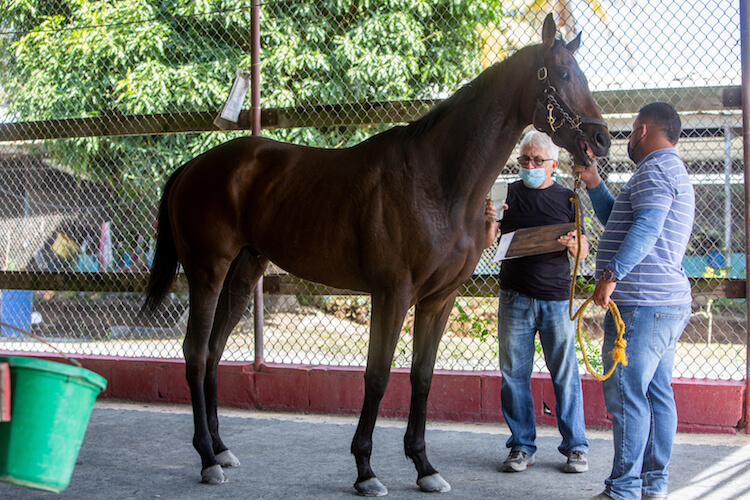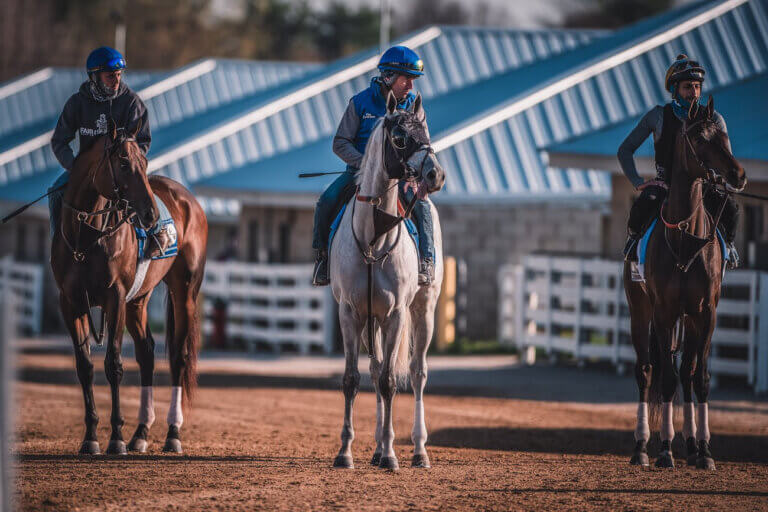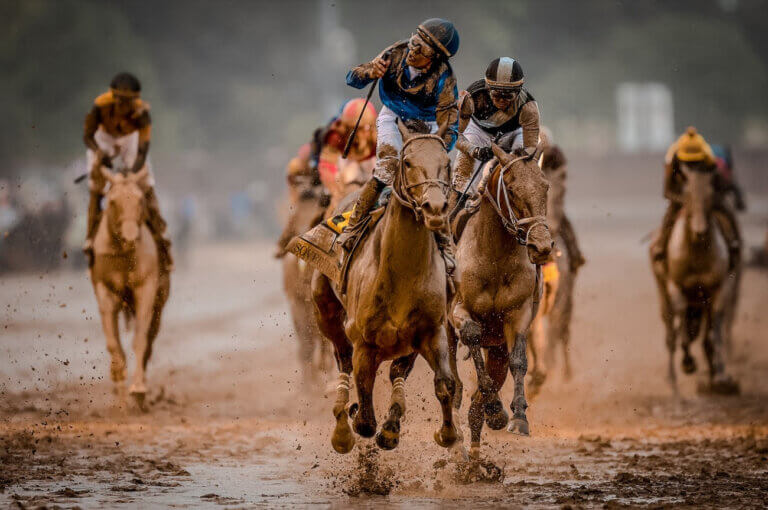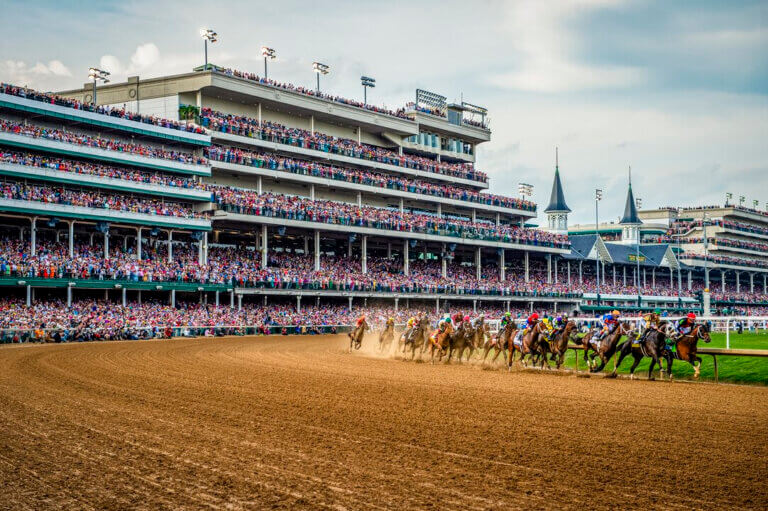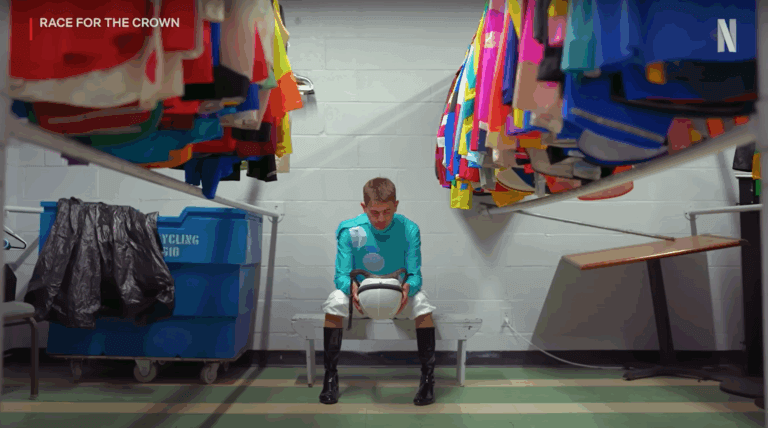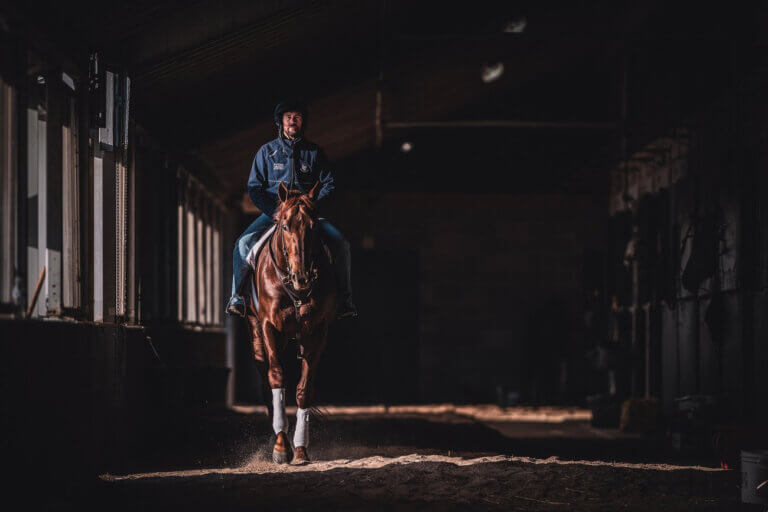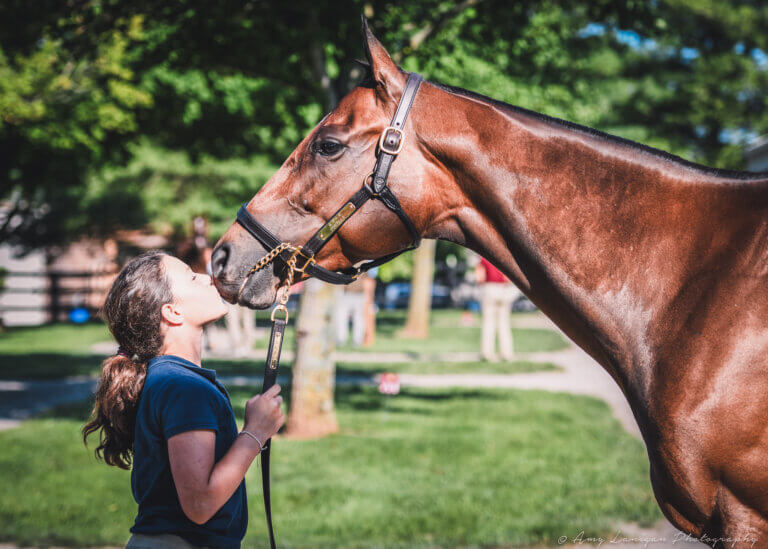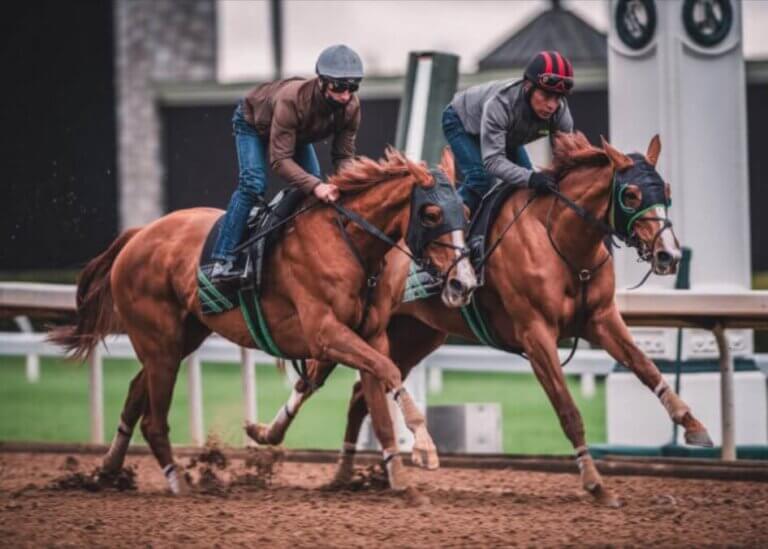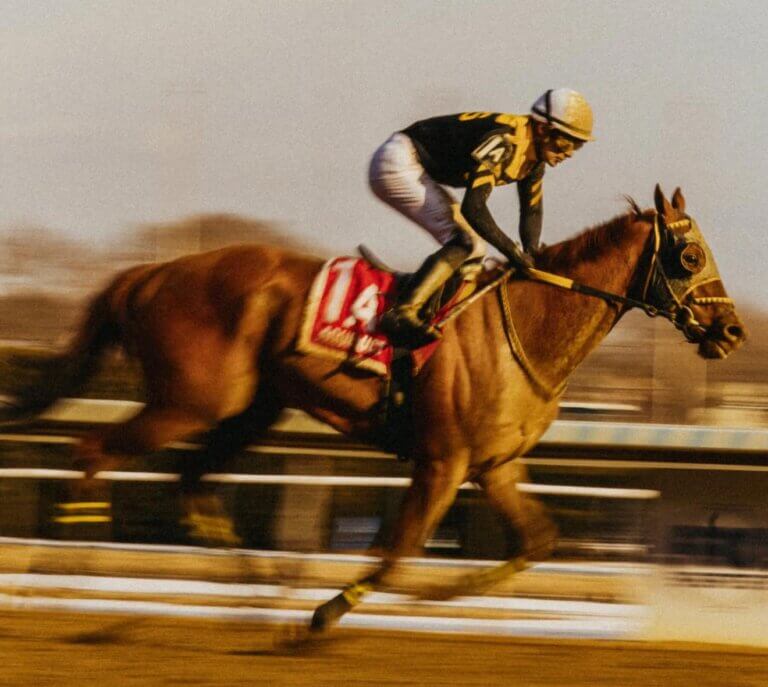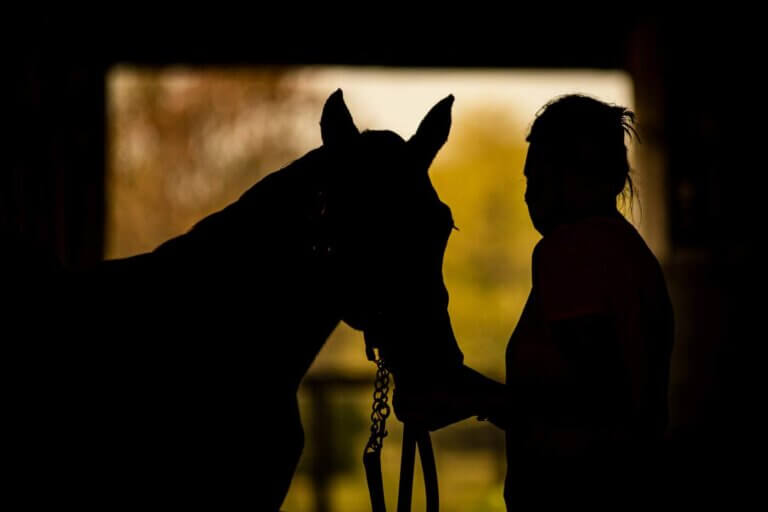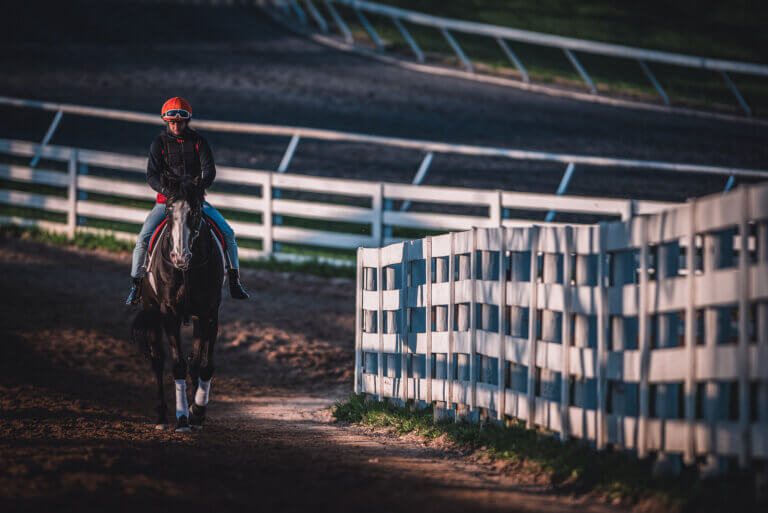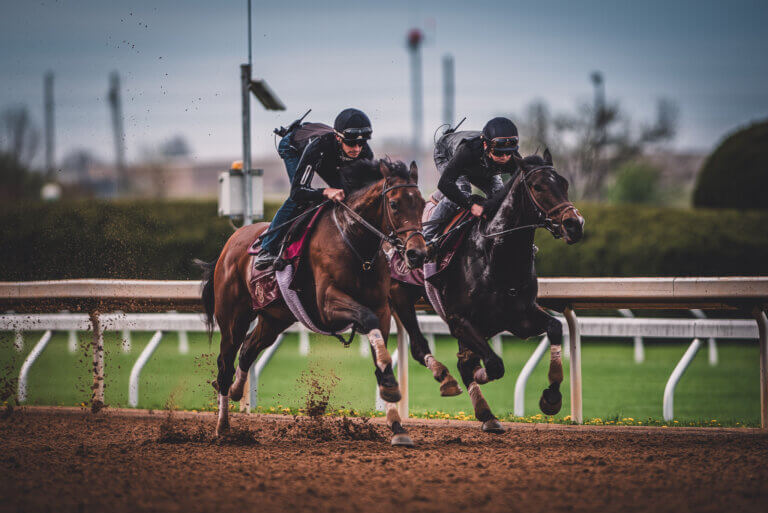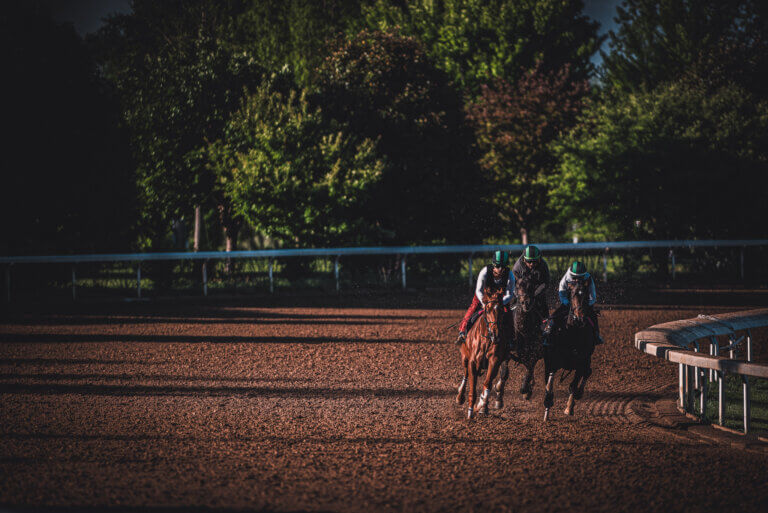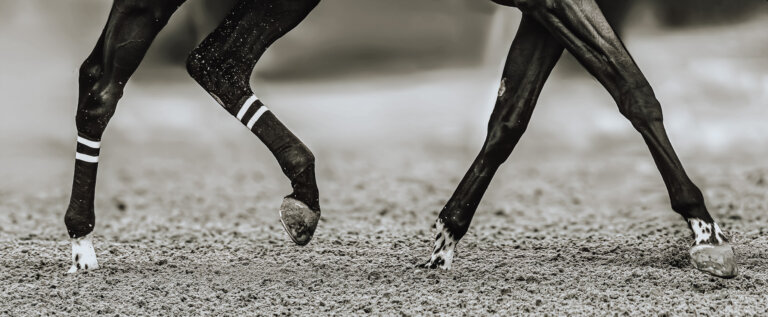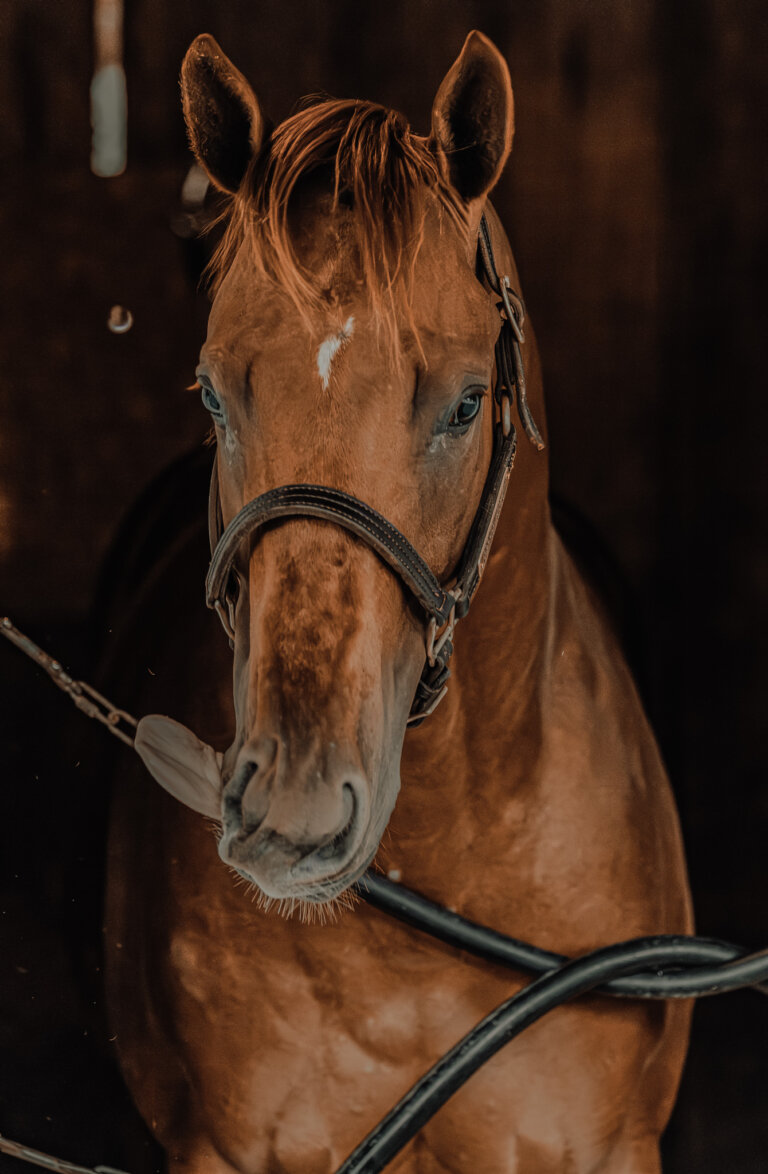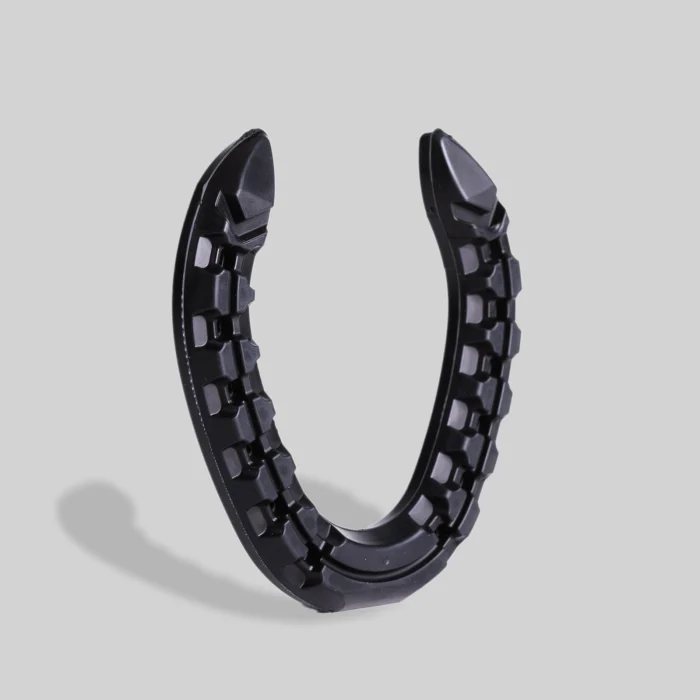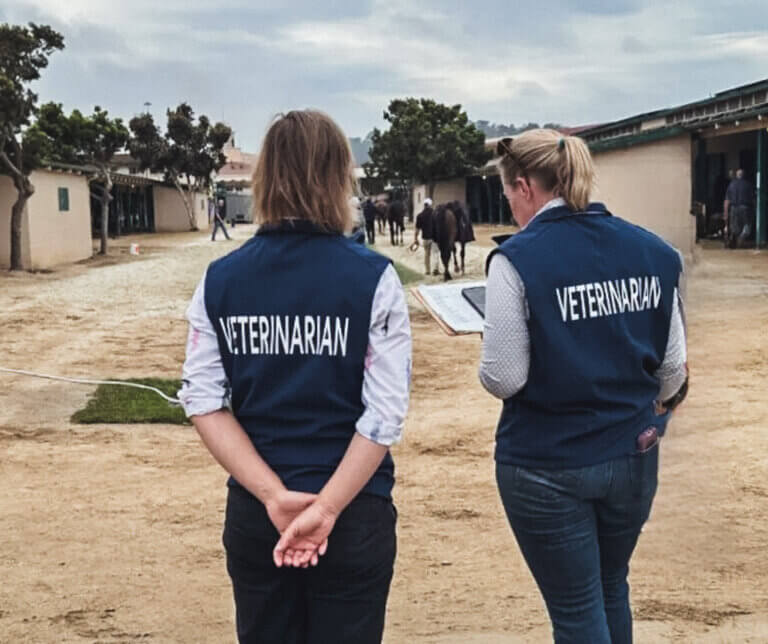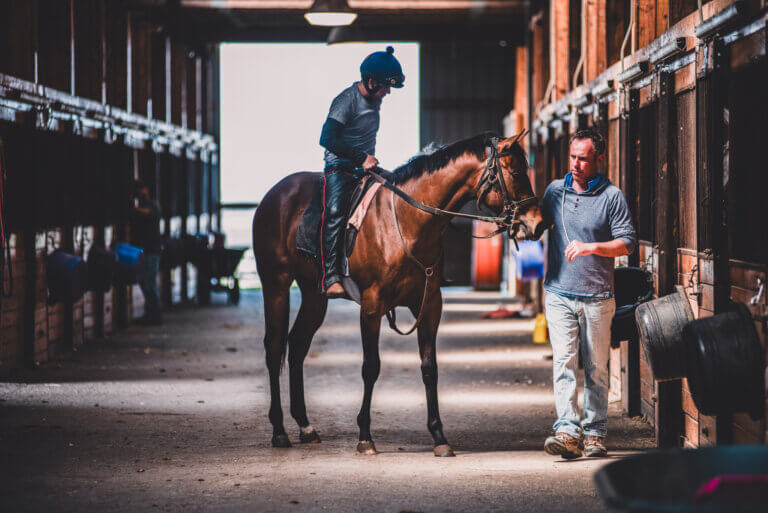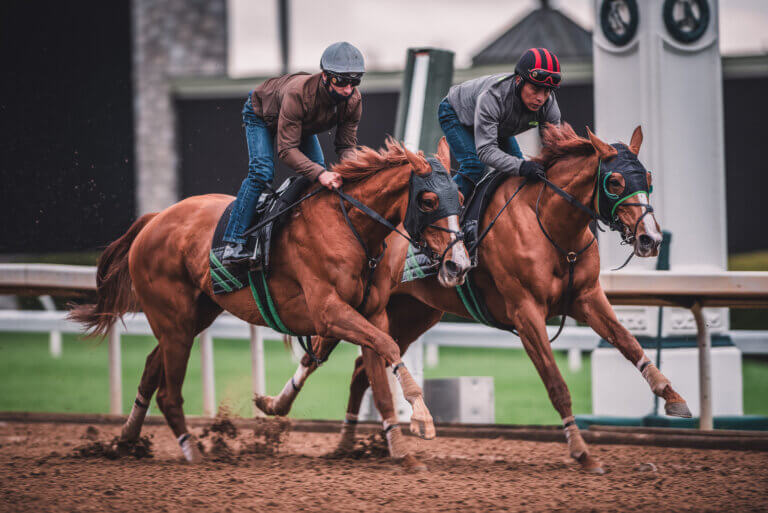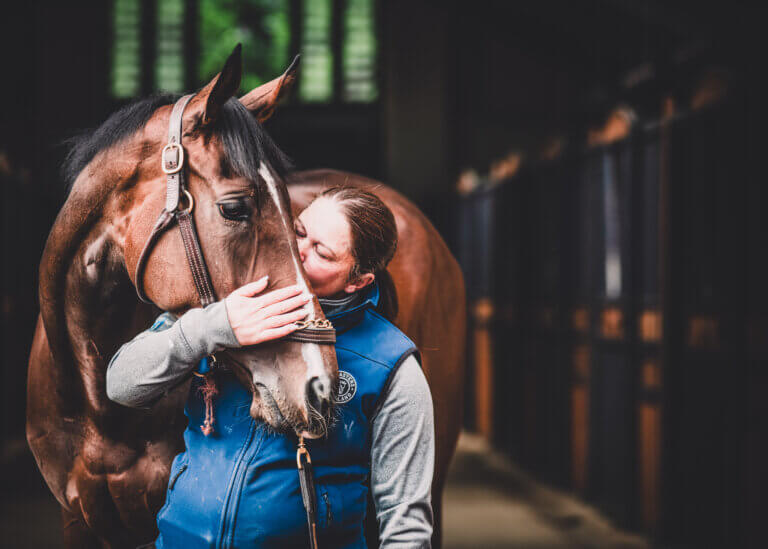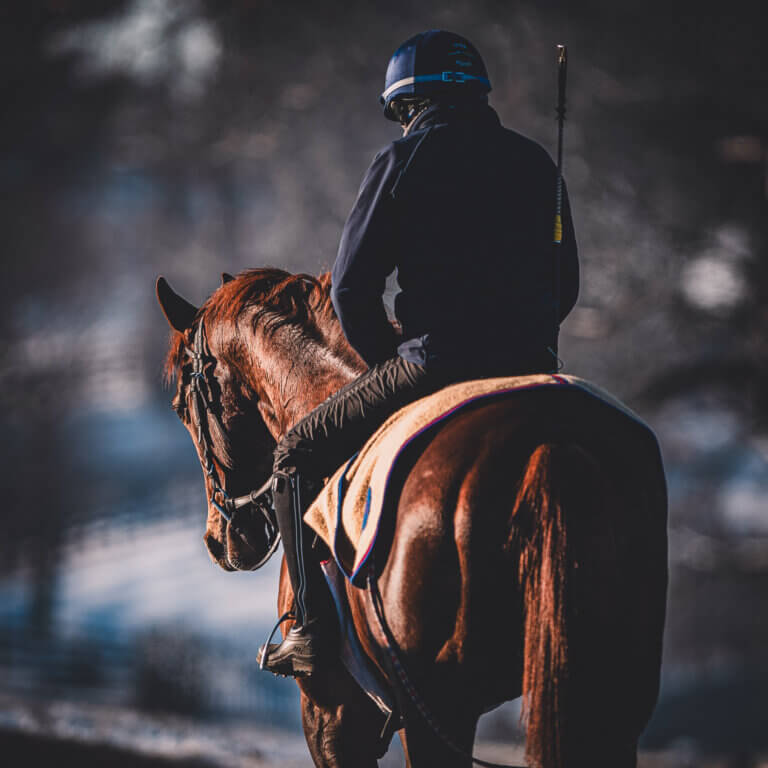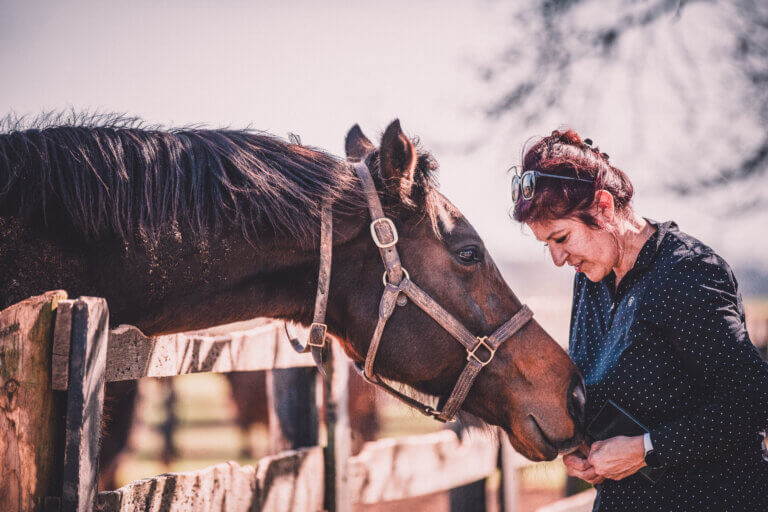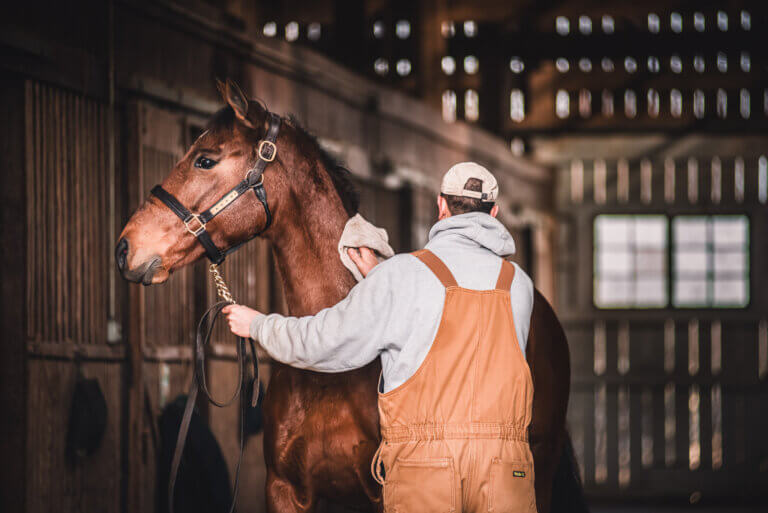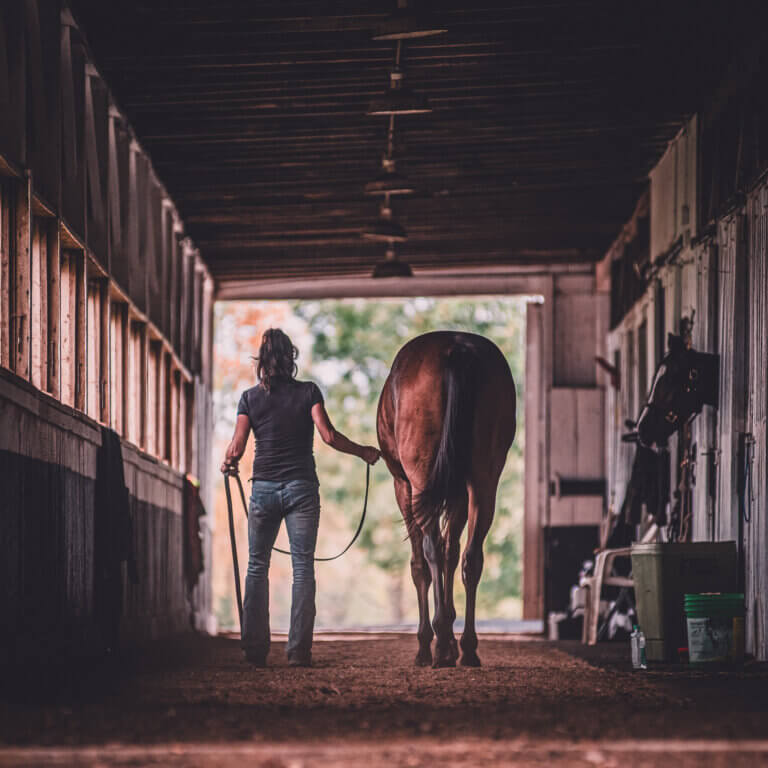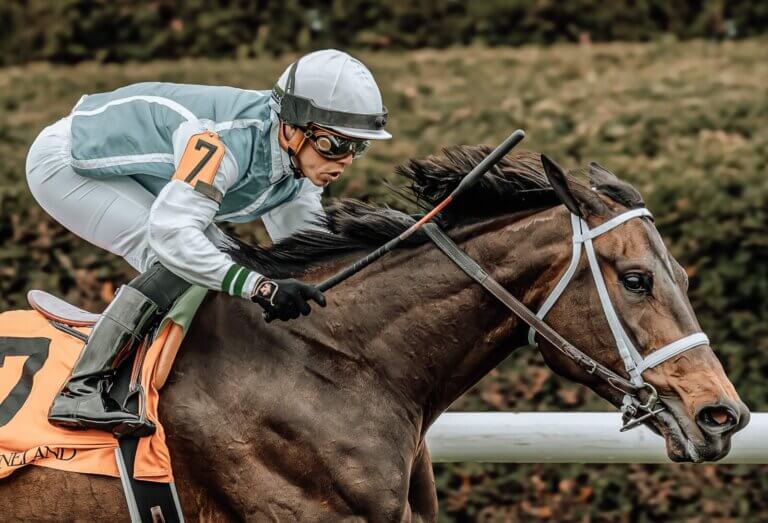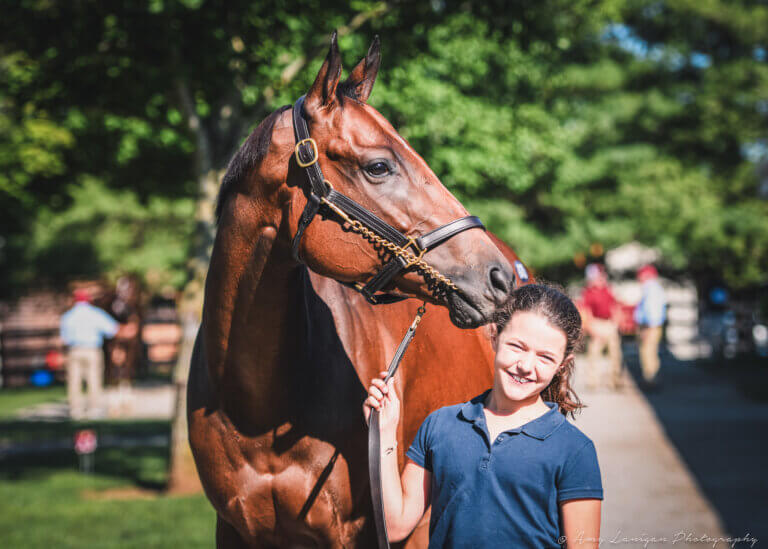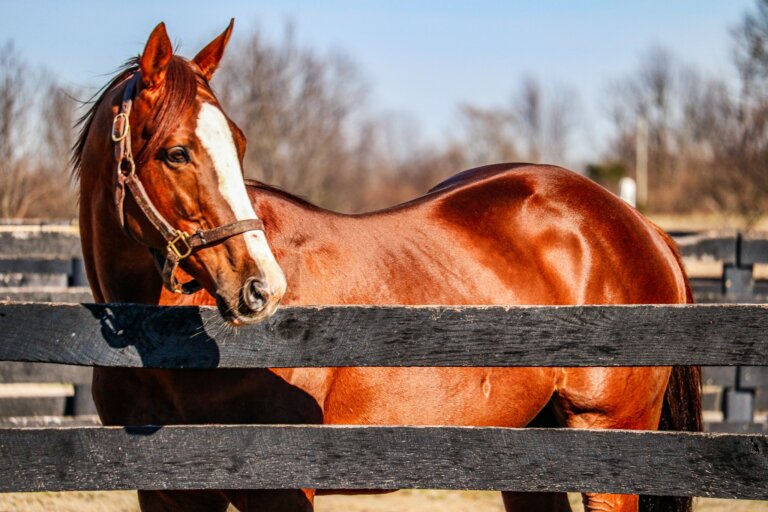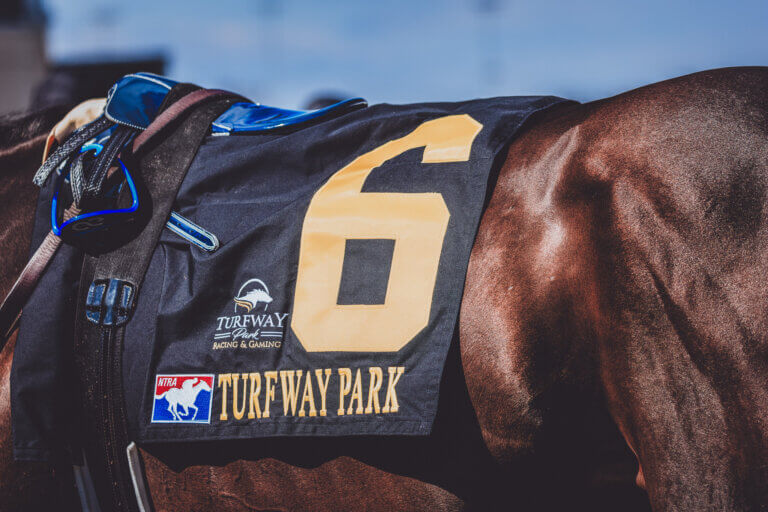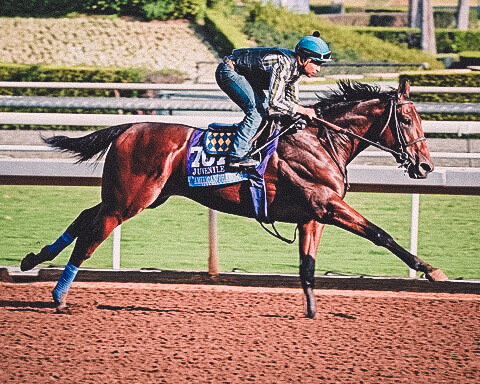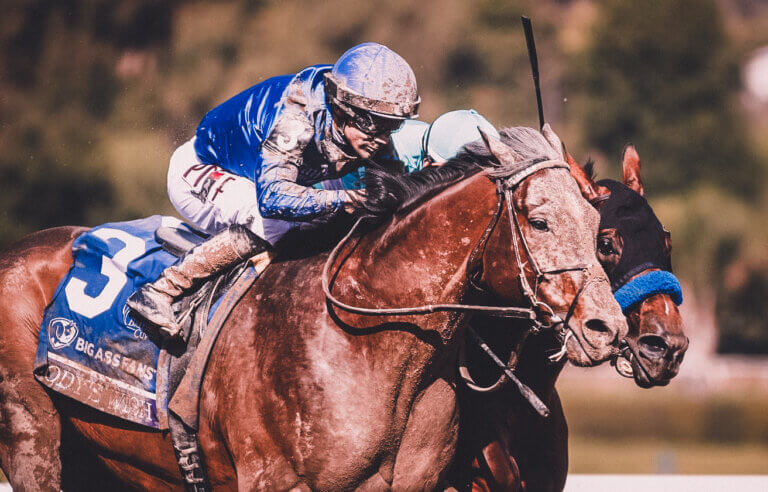

To protect the future of thoroughbred horse racing through
Transparency
Awareness
Community
Accountability
Latest News
Welfare Articles
Stay Informed
false
Animals who are used in racing are often drugged to mask sickness and injury and are forced to race.
Source: PETA USA website
fact
Racing authorities invest heavily in testing and surveillance to keep the sport clean. Horses are regularly tested before and after races and during training.
false
“Would-be racehorses are forever torn from their mothers and herds as mere babies.”
Source: Horse Racing Wrongs
Fact
Weaning is usually done somewhere between 4 and 7 months of age. After 4 months of age, the foal’s nutritional requirements exceed that provided by the mare’s milk, and most foals are eating forage on their own and venturing off without dam supervision.
False
“Whipping the horses over and over again inflicts physical and psychological pain and increases the likelihood of injury.”
Source: Horse Racing Kills
Fact
Whips are made of padded foam and are not designed to inflict pain but to make a ‘popping’ sound on impact with the horse’s rump. Jockeys must conform to tight regulations on whip use, or they face harsh fines and bans.
With public perception in mind, reform is ongoing and regulations are getting stricter each year.
false
“Horses do not reach full musculoskeletal maturity – bones not done growing, plates not done fusing – till around the age of six.”
Source: Horse Racing Wrongs
Fact
Thoroughbred foals stand within one hour of birth and can gallop long distances within one week – in fact, 98% of growth is by two years of age.
Studies show early exercise supports musculoskeletal development as the young bone remodels to pressure.
“Data shows that at least one start as a 2-year-old has a very strong positive affect on the longevity and success of a racehorse.
It is absolute on all the data sets that the racing of 2-year-old thoroughbreds has no ill effect on the horses’ race-career longevity or quality.”
Dr Larry Bramlage, equine orthopaedic surgeon
